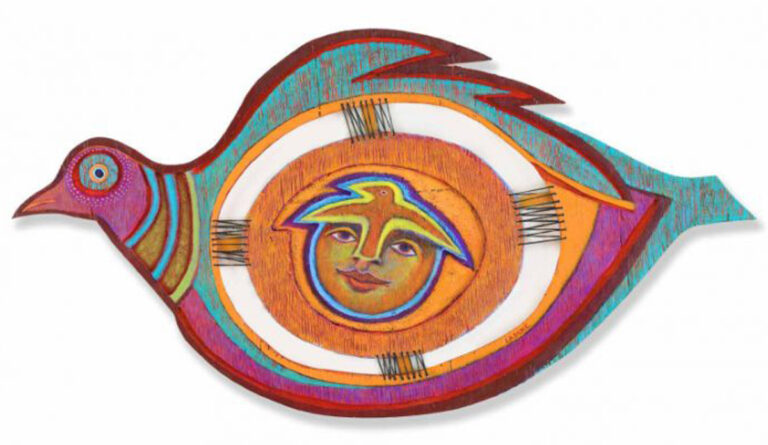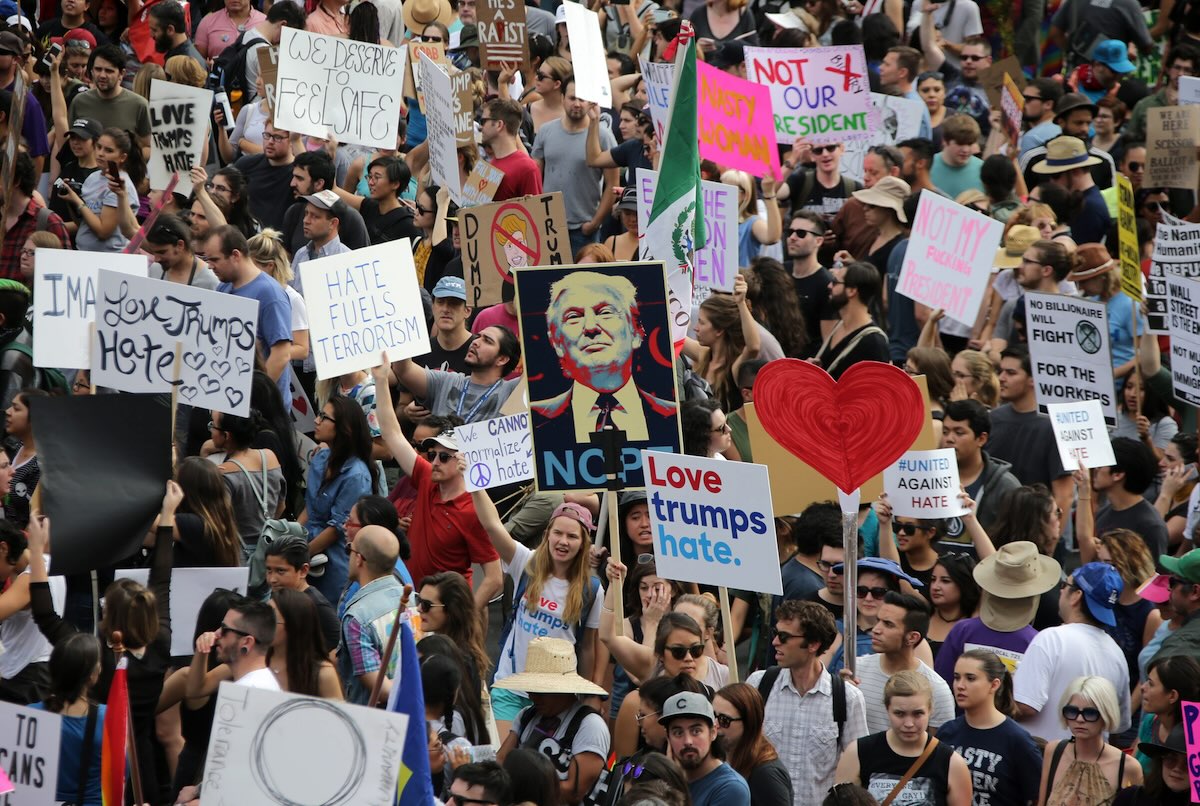US and Canadian witnesses to the Nicaraguan election are reporting that the election was free and fair and clearly represented the desires of the Nicaraguan people. They addressed several aspects of the democratic process including the process to form political parties, free speech, and how the ballots and votes were secured.
On Tuesday 9 November at 12 pm Managua time (1 pm EST), Canadian and US citizens who were first-hand witnesses of the Nicaragua election reported on what they saw on election day. This group is a sample of over 165 international representatives and 67 journalists from 27 countries that visited well over a hundred election centers throughout the country.
While the Biden administration has labeled the election a “sham,” the delegates’ observations contradict these accusations. They observed an election that was efficient, transparent, with widespread turnout and participation of six opposition parties including two which last headed the government.
The 38 international accompaniers from the US and Canada traveled to five departments and two autonomous regions representing all corners of the country: Bilwi, Bluefields, Chinandega, Chontales, Granada, Leon, Pearl Lagoon, and Managua. They observed the voting process and visited over 30 different voting centers. They interviewed voters, poll workers and poll watchers representing different political parties.
The turnout was high in all areas especially in the morning, and yet the lines moved very quickly. Craig “Pasta” Jardula from California described the process and the amount of time it took. In one of the busier times and places, it took about 8 minutes from arrival through electronic check-in and checking of picture ID, to a second check of ID at the designated polling place, sign-in on paper, voting by secret ballot, and finally having their thumb inked. Nicaragua inks each voter’s thumb, among many other checks to prevent duplicate voting.
Although the group did not formally conduct exit polls inquiring who people voted for, they asked voters about the issues that were important to them. The overwhelming message was that the Nicaraguan people want peace and the ability to exercise national sovereignty without foreign interference. Many people commented on the many government programs that provide social services.
A group of 11 people from the US and Canada visited Bilwi on the Caribbean coast. Rick Kohn from Maryland described some of the reasons Nicaraguans told them they support the government. Voters told them of the way the government saved lives during the two category 4 and 5 hurricanes last year. They told them the government quickly restored power and helped restore and rebuild homes. The schools where the voting took place were in good condition, some buildings newly rebuilt. Another voter told them that before the FSLN government they had 1 km of paved road. Now they have 500 km of paved road and when another 70 km are completed, it will be possible to drive all the way to Managua. The incumbent FSLN party received its highest percentage vote in this Region, an amazing 86.7%.
Josh Higginbotham from Oklahoma spoke about the profound contrast between the status of sovereign indigenous peoples in his home state and those in Nicaragua’s autonomous regions, where over 30% of the land mass once held by Nicaragua has been ceded back to the Afrodescendientes & other indigenous communities and their autonomy is respected.
There is absolutely no doubt that the results of the election reflect the intentions of the Nicaraguan people, the international witnesses reported. The process was extremely secure, much more secure than in the US. There is absolutely no way anyone could alter ballots or miscount them because every ballot box is secured at all times under the watch of several people from different political parties. The results reported by the government are highly verifiable as votes on paper ballots in every voting center can be followed through the counting and tabulation with a secure chain of custody through each level of government – voting center, municipality, region, and nation.
The group demanded that the US and Canadian governments recognize the results of the democratic elections in Nicaragua and end economic sanctions.
Accompaniers signed on to the above statement. Many of them spoke in the press conference available online:
Banbose Shango
Oklahoma City, OK
Alliance for Global Justice, A-APRP
Camille Landry
Oklahoma City, OK
Alliance for Global Justice, BLM OKC
Josh Higginbotham
Oklahoma City, OK
Alliance for Global Justice, BLM OKC
Netfa Freeman
Washington, DC
Black Alliance for Peace
Barbara Larcom
Wooster, OH, & Baltimore, MD
Casa Baltimore/Limay
Azza Rojbi
Vancouver, Canada
Fire This Time Movement for Social Justice
Alison Bodine
Vancouver, Canada
Fire This Time Movement for Social Justice
Richard Kohn, Ph.D.
Columbia, MD
Friends of Latin America
Jill Clark Gollub
Silver Spring, MD
Friends of Latin America
Tom Loudon
Fennville, MI
Friendship Office of the Americas
Rebecca Mohally Renk
Sandpoint, ID
Jubilee House Community
Gloria Guillo
Brooklyn, NY
Sanctionskill.com, Green Party
Rick Sterling
San Francisco Bay Area
Task Force on the Americas
Elicha Gastelumendi
San Francisco Bay Area
Task Force on the Americas
Roger D. Harris
Corte Madera, CA
Task Force on the Americas/US Peace Council
Gerry Condon
Clearlake, CA
Veterans For Peace
Robert Murray
New York, NY


